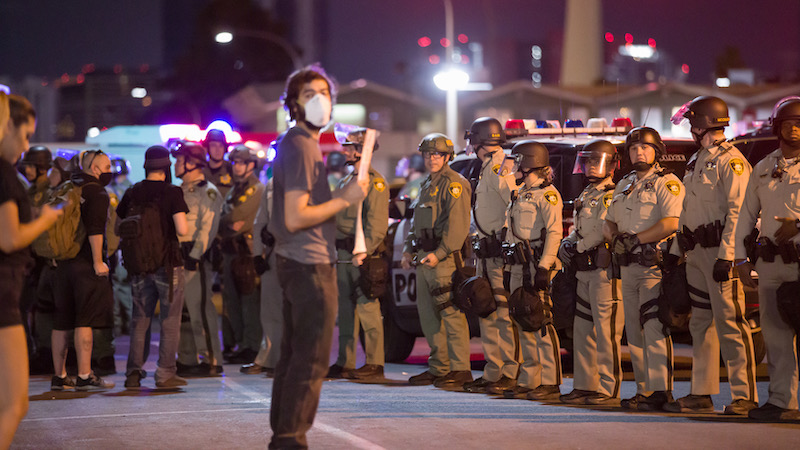I imagine Jesus Christ made excellent chairs.
God is, after all, the creator of the universe. When he took on flesh and blood, he spent his twenties not teaching in the streets or publishing his first major treatise, but working with his hands to fill practical needs for the people of Nazareth.
Only a year old, the Institute for Faith, Work and Economics is making tremendous headway in beginning to change the way Christians understand their participation in the marketplace. Their message is clear and salient: What you do every day—not just on Sunday mornings and on mission trips—is a ministry to the Kingdom of God. Furthermore, when we each fulfill our vocation as faithful stewards, a strong economy emerges, and all are made better off, both spiritually and materially.
Executive Director Hugh Whelchel released his book, “How Then Should We Work” earlier this year, taking a systematic and historical look at the Biblical doctrine of work. Whelchel draws from a number of theological concepts, but for the sake of simplicity, three core ideas emerge about what it means to be human:
- We are co-creators.
- We are stewards of creation.
- We are salt and light.



